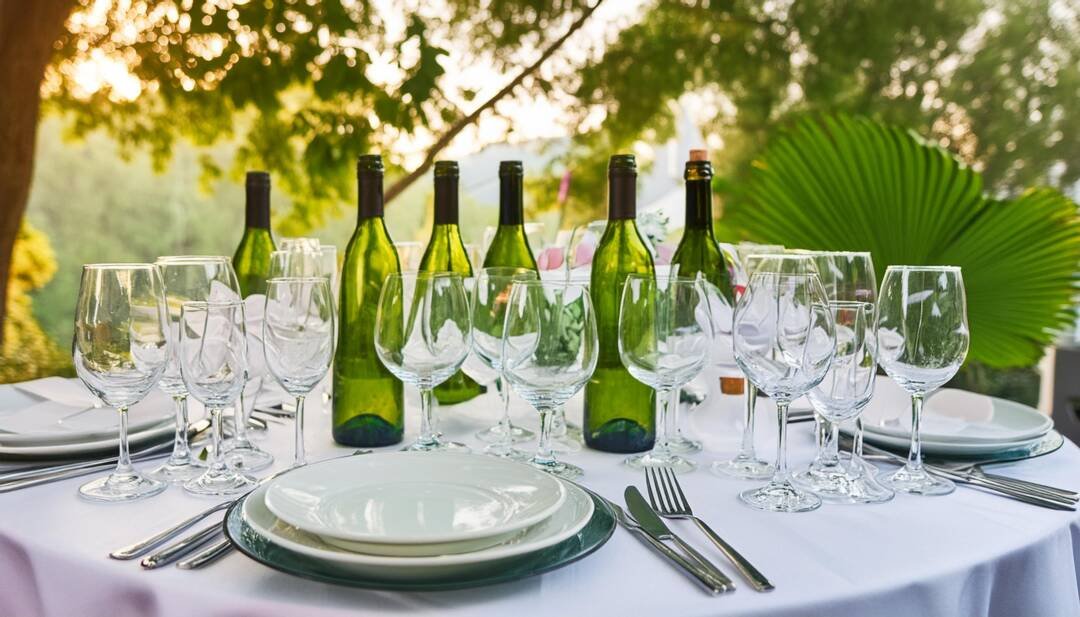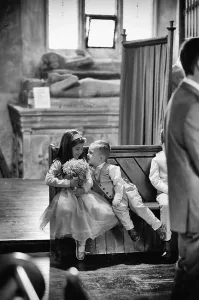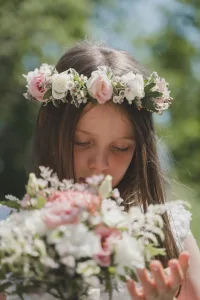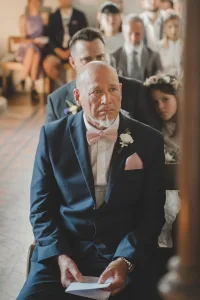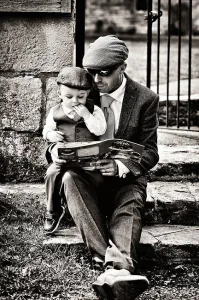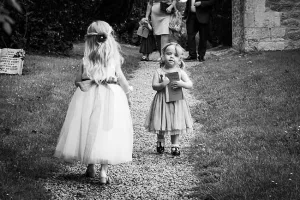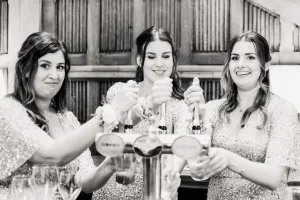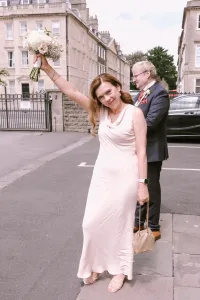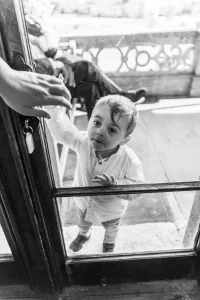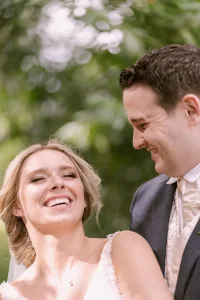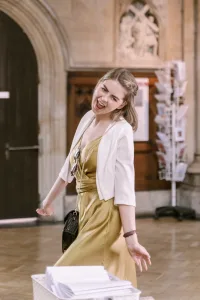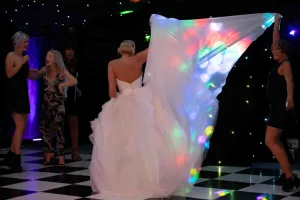The Environmental Impact of Traditional Weddings
Introduction
Weddings are often celebrated as joyous occasions, bringing together loved ones to witness the union of two individuals. However, behind the scenes, traditional wedding celebrations can have a significant environmental and social impact. From excessive waste and resource consumption to unethical labor practices, the wedding industry has faced increasing scrutiny. In response, a growing movement towards sustainable weddings is gaining momentum, as couples and vendors alike prioritize eco-friendly and ethical practices.
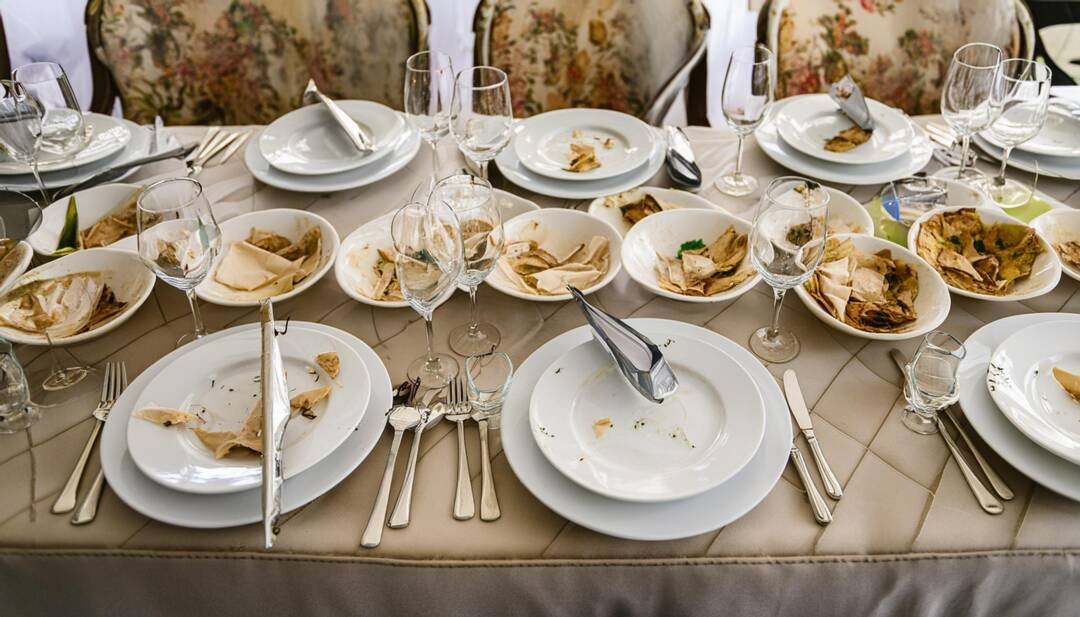
The Environmental Impact of Traditional Weddings
A Wasteful Affair
Traditional weddings can be resource-intensive affairs, generating substantial amounts of waste and contributing to environmental degradation. According to the Green Bride Guide, the average wedding in the United States produces approximately 400 pounds of garbage and 63 tons of carbon dioxide emissions. From single-use decorations and disposable tableware to excessive food waste and energy consumption, the environmental toll of traditional weddings is significant.
The Social Cost of Unethical Practices
Exploitation in the Supply Chain
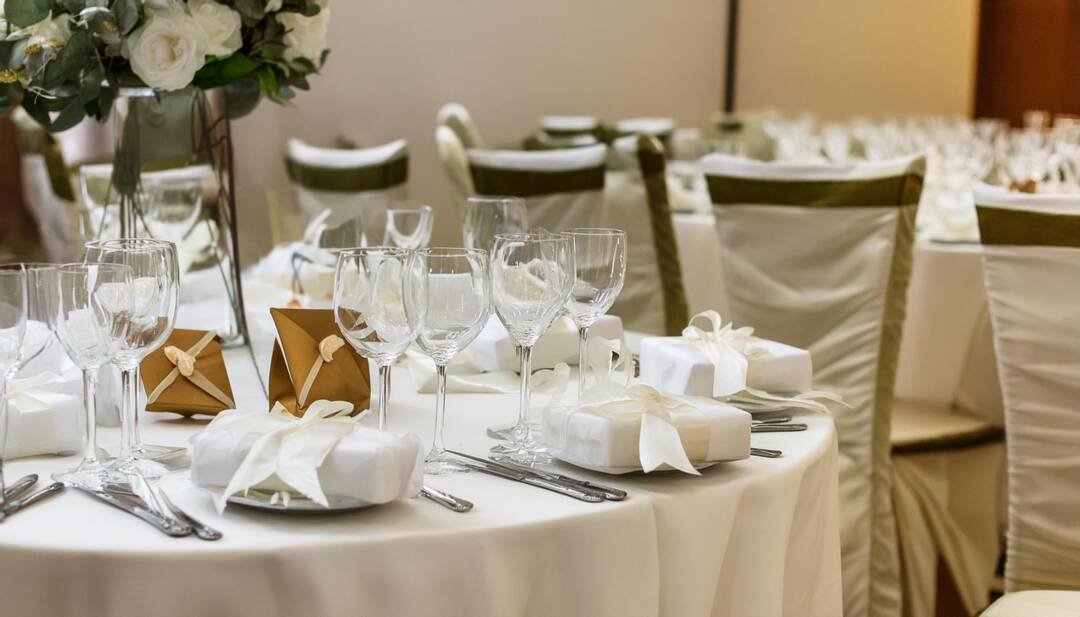
Beyond environmental concerns, the wedding industry has also been criticized for its potential involvement in unethical labor practices. Many wedding-related products, such as bridal gowns, jewelry, and floral arrangements, may be sourced from supply chains that exploit workers, particularly in developing countries. These practices not only violate human rights but also perpetuate cycles of poverty and inequality.
The Rise of Sustainable Weddings
A Conscious Celebration
In response to these pressing issues, a growing number of couples and wedding vendors are embracing sustainable practices. Sustainable weddings encompass a range of initiatives and approaches aimed at minimizing the environmental impact of the celebration, promoting ethical labor practices, and fostering a more conscious and responsible approach to wedding planning.
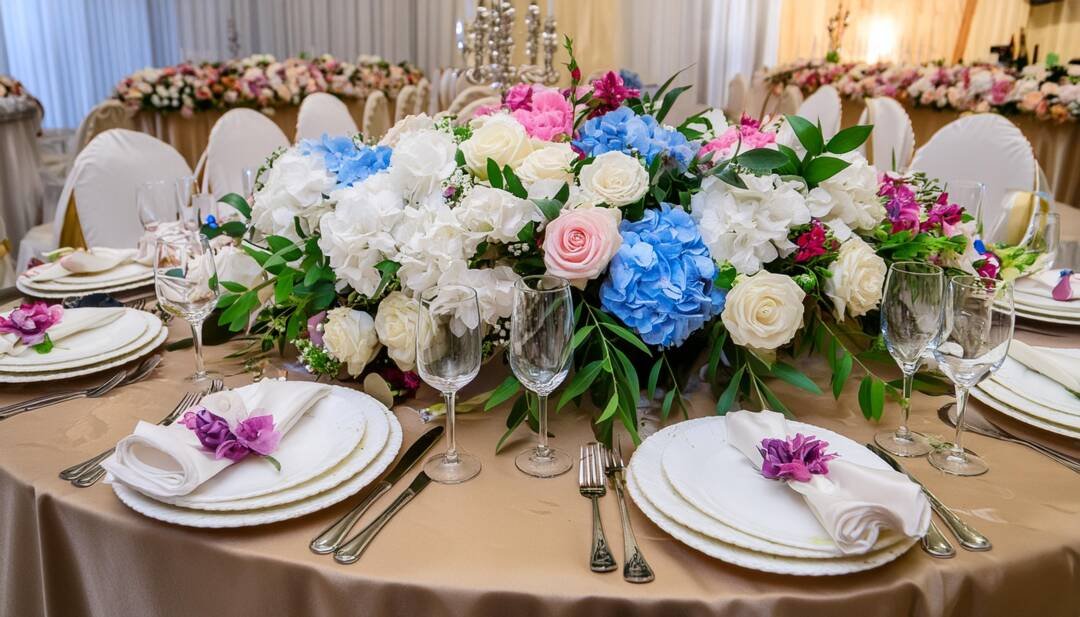
Eco-Friendly Materials and Practices
Innovative Solutions for a Green Celebration
One of the key pillars of sustainable weddings is the use of eco-friendly materials and practices. This includes the use of recycled or upcycled decorations, locally sourced and seasonal floral arrangements, and organic or plant-based catering options. Additionally, sustainable wedding venues are implementing energy-efficient practices, water conservation measures, and waste reduction strategies.
Ethical Sourcing and Fair Trade
Prioritizing Worker Rights
Sustainable weddings also prioritize ethical sourcing and fair trade principles. This involves ensuring that wedding-related products, such as bridal gowns, jewelry, and favors, are sourced from suppliers that uphold fair labor practices and provide safe working conditions for their employees. Many sustainable wedding vendors collaborate with Fair Trade organizations and implement rigorous auditing processes to ensure compliance with ethical standards.
Minimizing Waste and Embracing Circularity
Reducing, Reusing, and Recycling
The concept of minimizing waste and embracing circularity is a cornerstone of sustainable weddings. This approach aims to reduce the amount of waste generated by promoting practices such as using reusable or compostable tableware, donating excess food to local shelters, and repurposing or reselling wedding decorations and attire after the event.
Conscious Consumption and Mindful Planning
Quality Over Quantity
In contrast to the traditional approach of excess and extravagance, sustainable weddings advocate for conscious consumption and mindful planning. Couples are encouraged to prioritize quality over quantity, investing in timeless and meaningful elements that can be cherished for years to come. This approach also promotes transparency in the supply chain, allowing couples to make informed decisions about the ethical and environmental impact of their wedding choices.
Sustainable Wedding Vendors and Initiatives
Leading the Way
As the demand for sustainable weddings grows, numerous vendors and initiatives have emerged to cater to this market. Some notable examples include:
- Eco-Friendly Bridal Boutiques: Offering gowns made from sustainable materials like organic cotton, bamboo, and recycled fabrics.
- Farm-to-Table Catering Services: Providing locally sourced, seasonal, and organic catering options for weddings.
- Sustainable Venue Partnerships: Collaborations between wedding venues and environmental organizations to promote eco-friendly practices.
- Ethical Jewelry Designers: Crafting wedding rings and jewelry from responsibly sourced and conflict-free materials.
- Green Wedding Planners: Professionals specializing in sustainable wedding planning and vendor sourcing.
Challenges and Future Outlook
Obstacles and Opportunities
While the sustainable wedding movement has gained significant momentum, it still faces several challenges. One of the primary obstacles is the perception that eco-friendly weddings are more expensive or less luxurious than traditional celebrations. Additionally, there is a need for greater awareness and education among couples and vendors to ensure that sustainability claims are accurate and meaningful.
Despite these challenges, the future of sustainable weddings looks promising. As environmental consciousness continues to grow, and more couples prioritize ethical and eco-friendly practices, the wedding industry is poised for a transformative shift towards a more sustainable and responsible model. Governments, non-profit organizations, and industry leaders are also playing a crucial role in driving this change through policy initiatives, education, and collaboration.
Conclusion
The rise of sustainable weddings represents a pivotal moment in the wedding industry’s journey towards environmental and social responsibility. By embracing eco-friendly materials, ethical sourcing, waste reduction strategies, and conscious consumption, sustainable weddings offer a path towards a more sustainable and equitable future. As couples and vendors continue to prioritize sustainability, the wedding industry has the potential to become a driving force for positive change, inspiring other industries to follow suit and contributing to a more sustainable global community.
Capturing Timeless Moments: The Importance of Wedding Photography
As the world embraces sustainable practices, weddings are no exception. While eco-friendly decor, locally sourced cuisine, and minimizing waste are commendable efforts, one aspect that truly stands the test of time is the art of wedding photography. Long after the last petal has fallen and the final toast has been made, the photographs remain as cherished mementos, capturing the essence of your special day.
Timeless Treasures
Wedding photographs are more than mere snapshots; they are timeless treasures that transport you back to the moments of joy, love, and celebration. Each frame freezes a fleeting instant, preserving the laughter, tears, and embraces that weave the tapestry of your wedding day. These images become the visual storytellers, narrating the tale of your union for generations to come.
The Artistry of Emotion
A skilled wedding photographer possesses the ability to capture the raw emotions that permeate every moment. From the anticipation and excitement of the preparations to the tender glances exchanged during the ceremony, and the unbridled joy of the reception, each photograph is a masterpiece that encapsulates the depth of your love and the spirit of the occasion.
Heirlooms for Generations
While the flowers will wilt and the cake will be consumed, the photographs will endure as heirlooms, passed down through generations. They become the tangible reminders of the promises made, the bonds forged, and the love that blossomed on that momentous day. With each viewing, the memories are rekindled, and the joy of your union is relived.
Investing in Memories
In the grand scheme of a wedding, the investment in a talented and experienced wedding photographer is invaluable. Their artistry and dedication ensure that the fleeting moments are captured with precision and emotion, preserving the essence of your day for a lifetime. While sustainable practices are commendable, the true legacy of your wedding lies in the photographs that will grace the walls of your home and the hearts of your loved ones for years to come.

